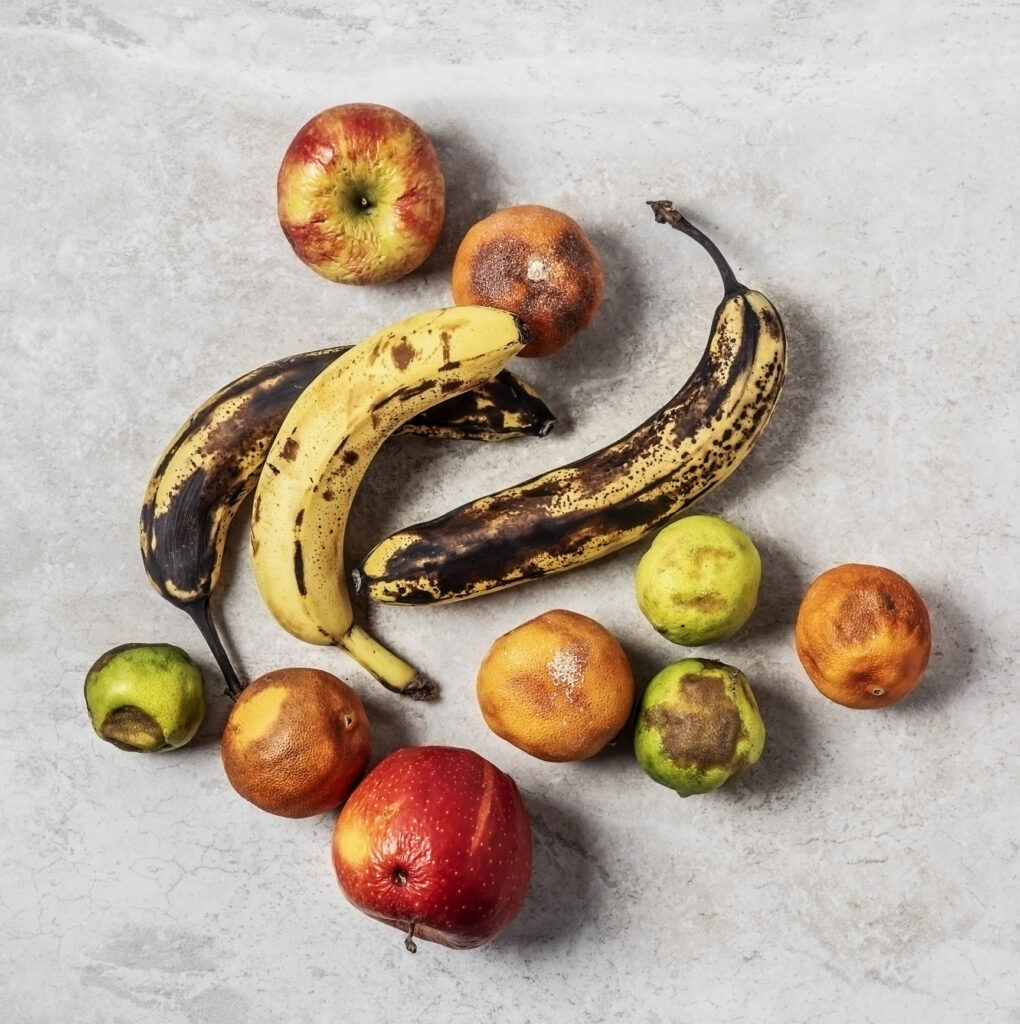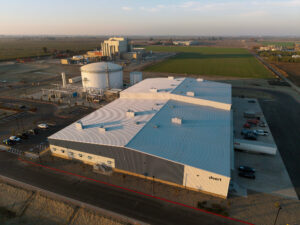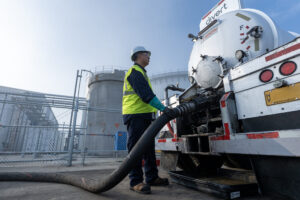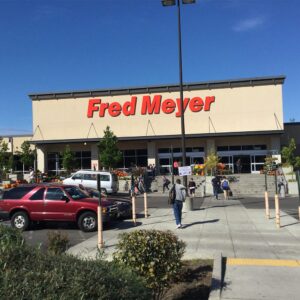July 7, 2023

Wasted food has been a climate threat hiding in plain sight for some time. Increasingly, states are getting wise to the negative environmental and social impacts of food waste and are passing new legislation to curb its worst effects. While these laws will present new challenges for businesses and municipalities, we have the tools to overcome them. Below, we outline three key compliance challenges we see on the horizon, how Divert is approaching them, and our advice for businesses and municipalities navigating these new laws.
In case you missed it, view our August 24th roundtable on wasted food regulations.
How Big a Problem is Wasted Food?
The carbon footprint of food waste in the United States is greater than that of the entire airline industry.1 Organic landfill waste is responsible for 15% of U.S. methane emissions2 and 10% of overall global greenhouse gas (GHG) emissions3. In addition to its massive impact on the environment, unsold but still edible food going to landfills is a missed opportunity to feed the growing number of food insecure people nationwide (33.8 million, according to the USDA4).
What Does New Legislation Look Like?
While legislation around organic waste diversion will look different state-by-state, these laws generally employ a mix of incentives and penalties to recover donatable food and divert non-donatable food away from landfills.
In California, SB 1383 aims to reduce organic waste disposal 75% by 2025. Washington’s HB 1799 seeks to hit the same target by 2030. On the food insecurity front, both states are focusing on waste prevention and targeting a 20% increase in edible food recovery by 2025.
Three Key Challenges
California’s SB 1383, Washington’s HB 1799, and other new laws could present several challenges for businesses and municipalities:
1. Rules around contaminated packaged foods
Contaminated packaged foods may be problematic for businesses and municipalities seeking to comply with emerging regulations. From the package of strawberries to the plastic-wrapped English cucumber, organics need to be separated from their packaging. If not properly done, microplastics can make their way into the soil. For businesses that produce or sell food at scale, depackaging wasted food prior to diversion is impractical.
2. The temptation to leverage existing composting infrastructure
For jurisdictions rolling out diversion programs to homes and businesses, it may be tempting to leverage existing composting infrastructure. Unfortunately, these composting programs can be problematic. Wasted food has a high moisture content – as high as 85% – and this is not well suited to composting. Additionally, many commercial composters do not operate the sophisticated depackaging equipment required to responsibly manage wasted food and end up falling victim to challenge #1 above.
3. Limiting consumer and business choices for diversion
Emerging legislation may inadvertently limit participation in waste diversion and the broader decarbonization movement by preventing many waste generators from choosing their own method of diversion. Legislation like CA’s SB 1383 allows large waste generators the option to self-haul or back-haul their organic material to processing facilities. The regulation is well-intended in offering well-resourced businesses the benefit of consumer choice if they can move material:
- At a lower cost
- Through a less carbon-intensive solution
- To an alternative service that recycles organic waste materials and produces a distinct value for the business.
However, the legislation also prevents small or disadvantaged businesses that lack extensive logistics networks from being able to source these alternatives. Companies that aren’t large enough to do self-hauling or back-hauling must rely on existing services the local jurisdiction provides, such as composting programs. For example, a waste generator’s high-moisture-content and/or contaminated packaged waste might not be best situated for composting, but they would not have a choice to select another service if they are not well-resourced.
All waste generators should be able to choose an appropriate and responsible diversion program that’s well-suited to handle this material. Unfortunately, alternatives can be cost-prohibitive when businesses are asked by local jurisdictions to pay for the local jurisdictions’ composting programs regardless of whether they use the service. Divert is actively advocating for the right of consumers and businesses to be able to choose the service that best suits their needs.
Overcoming Challenges, Achieving Compliance and Meeting Diversion Goals
For businesses and municipalities looking to avoid compliance challenges with emerging regulations and maximize the effectiveness of their diversion programs, here are our recommendations:
- Support legislative or regulatory updates that allow businesses of all sizes to choose the waste diversion option that is the most cost-efficient, least carbon intensive, and best fits their needs.
- When selecting a waste diversion partner, choose one that will prioritize waste prevention through source reduction and preservation. A good waste prevention program will also focus on food rescue by maximizing your donation opportunities to help drive food to its highest and best use.
- Make sure they will accept and responsibly manage contaminated packaged foods. This will save you from doing the depackaging, and stop microplastics from entering the soil.
- Where food can’t be sold or donated and must be processed, ensure that anaerobic digestion is part of the mix – not compost alone. Composting works well for food waste when it’s mixed in with large quantities of yard waste, but anaerobic digestion maximizes the energy rich nutrients found in wasted food. Additionally, anaerobic digestion has a greater potential for reducing GHG emissions compared to composting and other alternatives5.
- For businesses that have a national footprint today, or may have one in the future, look for a partner who has nationwide donation and processing infrastructure, as well as nationwide policy support to help you navigate the varying compliance requirements in different states and municipalities.
- Most importantly, choose a partner with longevity, authority and trust in the wasted food space!
About Divert
Divert, Inc. is an impact technology company on a mission to Protect the Value of Food™. Founded in 2007, the company creates advanced technologies and sustainable infrastructure to eliminate wasted food, driving social and environmental impact. Divert provides an end-to-end solution that prevents waste by maximizing the freshness of food, recovers edible food to serve communities in need, and converts wasted food into renewable energy. The company works with five Fortune 100 companies and nearly 5,400 retail stores across the U.S., helping food retailers to reach their sustainability goals.
- The Washington Post (February 25, 2021), “A third of all food in the U.S. gets wasted. Fixing that could help fight climate change.”
- USEPA (2022), Basic Information about Landfill Gas
- World Wildlife Fund (2021), “10% of all greenhouse gas emissions come from food we throw in the bin”
- https://www.ers.usda.gov/topics/food-nutrition-assistance/food-security-in-the-u-s/key-statistics-graphics/
- Journal of Cleaner Production (January 8, 2015), “Carbon footprint of food waste management options in the waste hierarchy – a Swedish case study”, by Mattias Eriksson, Ingrid Strid, Per-Anders Hansson



